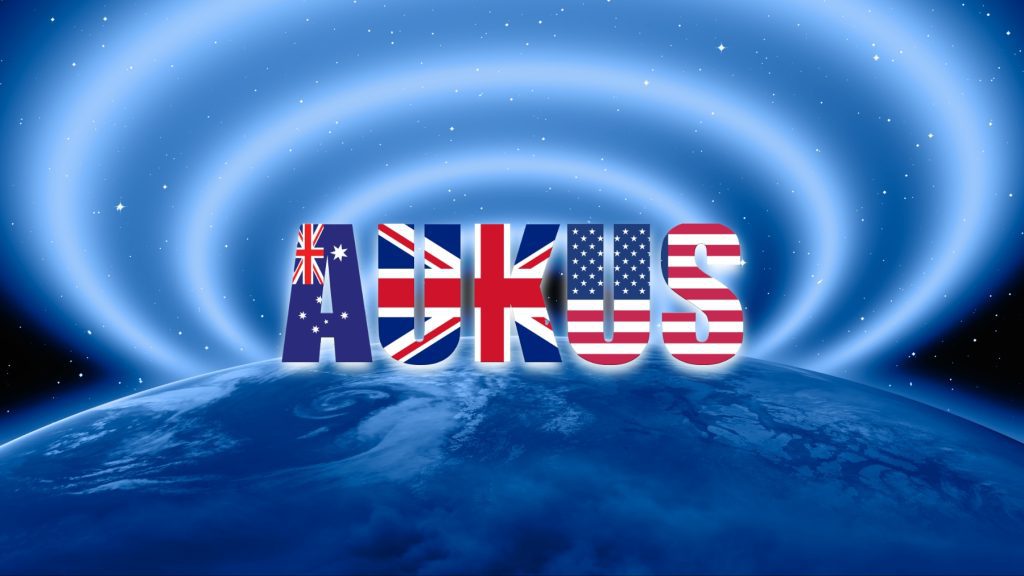
AUKUS to Strategically Deploy Its DARC Program
The U.K., the U.S., and Australia team up to deploy the Deep Space Advanced Radar Capability (DARC) program.
- The program comes as part of the AUKUS security partnership, which focuses on strengthening security partnerships in the Indo-Pacific.
- The three nations will strategically place three high-powered radars to track and identify objects in deep space.
- The DARC program offers critical space traffic management and contributes to the global surveillance of satellites.
The U.K. announced that it has joined forces with the U.S. and Australia to deploy a Deep Space Advanced Radar Capability (DARC) program.
Under the AUKUS partnership, three high-powered radars will be strategically placed in the UK, US, and Australia to identify and track objects in deep space. The agreement itself focuses on strengthening security partnerships in the Indo-Pacific region amid rising concerns over China’s expanding influence.
The U.K. Ministry of Defense (MoD) revealed that these radars, once fully operational by 2030, will characterize objects up to 36,000 kilometers from Earth. That’s 22,000 miles for our American readers. The DARC program will boast heightened sensitivity, accuracy, capacity, and agile tracking compared to existing systems. This will, in turn, offer critical space traffic management and contribute to the global surveillance of satellites.
Allowing 24/7, all-weather monitoring, the program will indeed benefit land, air, and naval forces across the AUKUS nations.
According to the U.K.’s announcement, the first DARC radar site is under construction in Exmouth, Western Australia, and is expected to be operational by 2026. The U.K.’s will, however, be in Cawdor Barracks in Pembrokeshire, Wales, granted it passes environmental assessments and gains the approval of local authorities.
Grant Shapps, the U.K.’s Defense Secretary, believes that the dangers of space warfare are increasing. As a result, “the UK and [its] allies must ensure [they] have the advanced capabilities [they] need to keep [their] nations’ safe.”
It looks like we may have another space race on our hand, what with the European Space Agency (ESA) building the next International Space Station (ISS) in collaboration with Airbus and Voyager.
But here’s what’s confusing me a little: The U.K. Defense Secretary emphasized the dangers of space warfare, which is fair considering the world seems to have a hair trigger these days. However, is it really that legitimate of a concern right now? Or is it a concern for the future?
Don’t get me wrong: I understand preparedness. I’m saying it’s a bad thing. But the world is on fire. There isn’t a corner that isn’t knee-deep in some war or conflict. Shouldn’t we be solving our conflicts with minimal bloodshed right now rather than trying to anticipate opponents floating thousands of kilometers away from Earth?
Inside Telecom provides you with an extensive list of content covering all aspects of the tech industry. Keep an eye on our Tech sections to stay informed and up-to-date with our daily articles.